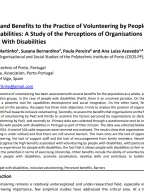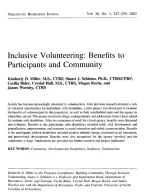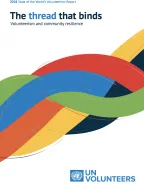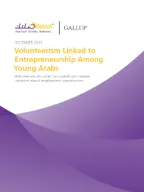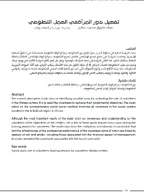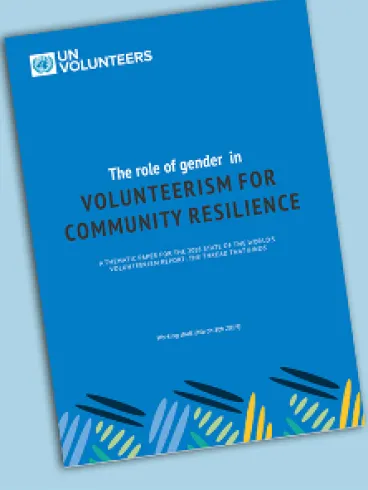
The Role of Gender in Volunteerism for Community Resilience
Fast read
- This paper analyses qualitative data collected in five communities in Africa, Asia, and Latin America to understand the relevance of gender roles, needs, and interests in volunteering at the community level.
- It specifically explores these relationships in the context of resilience to crises.
Summary
The findings and analysis in the paper suggest the following: First, the ways in which men and women volunteer in crises are clearly shaped by gender roles, relations, needs and interests. The paper finds that while women’s voluntary actions contribute significantly to building resilience at the household and community levels, these contributions are undermined by the unequal distribution of labour and the imbalance in power relations which places women in a position of low status.
Secondly, the distinctive characteristics of volunteering such as self-organization and solidarity are coping mechanisms that women develop in the face of stresses and shocks. These characteristics are also fundamental for women-centred approaches aimed at achieving bottom-up transformation.
Lastly, these transformative changes cannot be sustained through volunteering alone. Gender responsive governance, women’s equal participation in decision-making structures, and effective collaborations are needed to ensure that transformative changes in gender relations at community levels are sustainable, particularly in fragile contexts.













